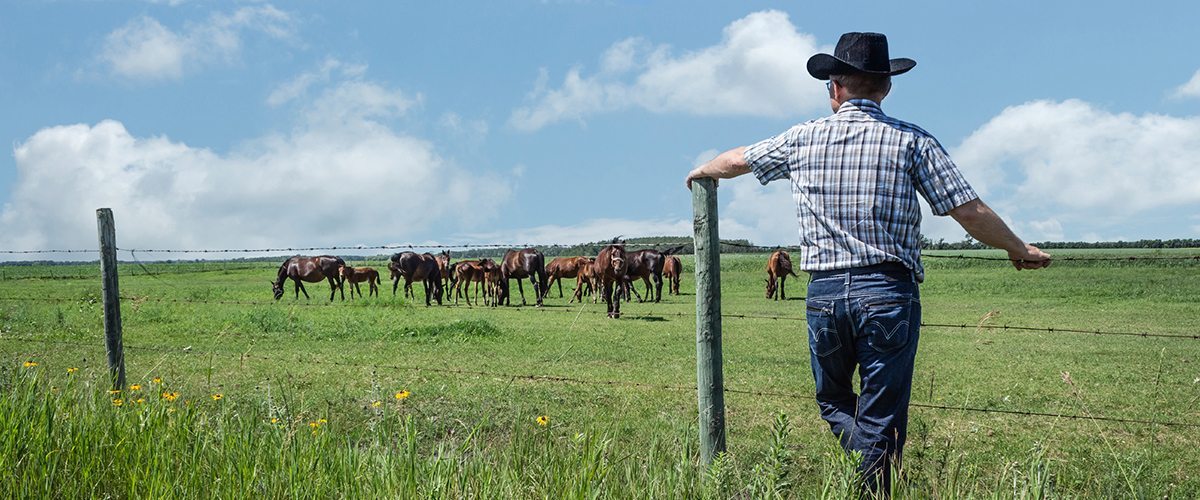[vc_row][vc_column][vc_column_text]
If Texas lawmakers fail to adapt and expand the state’s already-passed medical cannabis program, millions of dollars in sales and tax revenue could go to waste.
Major obstacles preventing Texas from implementing its medical marijuana law could cost the state millions in tax revenue, Forbes reports. The Texas Compassionate Use Act, a restrictive cannabis law that allows low-tetrahydrocannabinol (THC) marijuana for patients diagnosed with intractable epilepsy, was signed into law in 2015 but has yet to become operational.
As it stands now, Texas’s medical marijuana system cannot be successfully implemented as written, because doctors are required to “prescribe” rather than “recommend” marijuana to patients, making them susceptible to losing their license by breaking federal law. While the Texas Department of Public Safety is supposed to award licenses to at least three dispensing organizations by September 1, the law needs to be amended to allow physicians to recommend cannabis or certify patients for marijuana before the program can really get off the ground.
Forbes also reports that a severely limited patient population is an obstacle facing the program. Because cannabis is exclusively available to those diagnosed with severe epilepsy disorders, patients diagnosed with cancer, chronic pain or post-traumatic stress disorder (PTSD) are excluded and there simply isn’t enough qualifiable patients to sustain the program. There has been bipartisan support to expand the state’s list of approved conditions, but Gov. Greg Abbott has said he’s opposed to expanding the program or legalizing conventional marijuana for medical purposes.
A lack of action by lawmakers could prove to be costly. Research and financial analysis firm Greenwave Advisors projects that if Texas were to adapt its law to include the typical qualifying conditions and allow for doctors to recommend cannabis, it’s medical marijuana program would have a patient population of 1.9 million and generate an estimated $600 million in medical marijuana sales by 2021.
More than 80 percent of Texans support the legalization of marijuana in some form, according to a recent poll from the University of Texas and Texas Tribune. Last month, a group of veterans hand-delivered a letter signed by over 1,400 veterans throughout Texas to Gov. Abbott’s office, requesting an in-person meeting to advocate for a “more inclusive medical marijuana program” that would allow for veterans suffering from PTSD to get access.
Texas currently has some of the strictest marijuana laws in the U.S., although a bill seeking to decriminalize low-level marijuana possession is scheduled for a hearing in front of the Criminal Jurisprudence Committee later this month. If Texas were to legalize recreational marijuana, its legal cannabis market would rival that of Colorado’s, Matt Karnes of Greenwave Advisors told Forbes.
“A recreational market, assuming implementation in 2019, would reach approximately $1.2 billion and hit approximately $1.7 billion in 2021,” Karnes said, basing his calculations on the nation’s existing legal markets. Combining both recreational and medical sales, Texas’s overall cannabis market would total $1.4 billion by 2019 and $2.3 billion by 2021.
Despite Gov. Abbott’s opposition to expanding cannabis policy, Texas is among the state’s we believe to have the greatest chance at passing comprehensive medical marijuana laws in the 2017 legislative session.
Learn more about Texas’s current cannabis laws through our education page.[/vc_column_text][/vc_column][/vc_row]






